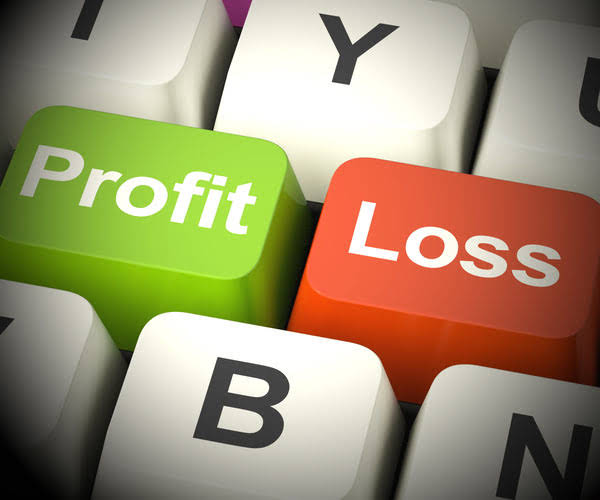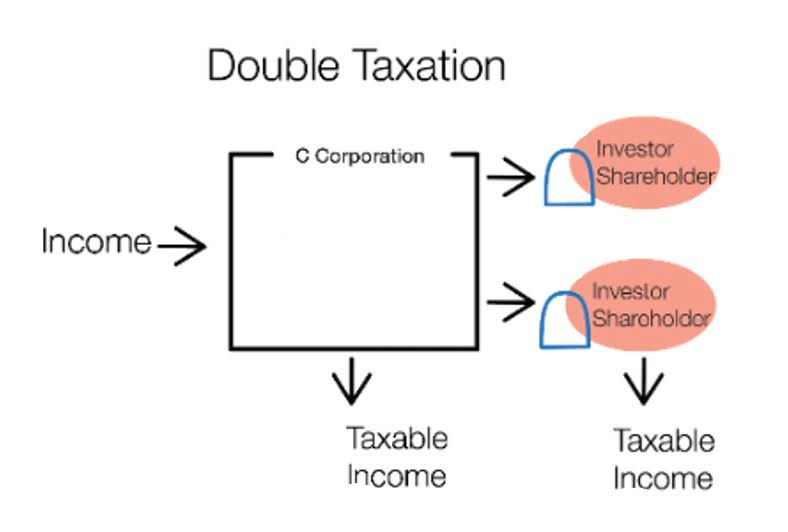
Regardless of the decision taken, it is important that each role be given its due recognition and adequate authority so that it can fulfill its designated tasks effectively and efficiently. If you are interested in the overall financial management of a company, enjoy working with numbers, and have an analytical mindset, a career as a controller might be a good fit for you. If you want to ensure that financial information is correct and honest and have a good eye for details, you might be better off as a CAO. If you are interested in the overall financial management of a company, enjoy working with numbers, and have an analytical mindset.
- A controller’s primary and most commonly understood role is to manage operations of the accounting and finance function and collaboration with all other operating departments.
- These reports, such as income statements and balance sheets, are essential for stakeholders’ decision-making.
- CAOs typically hold advanced degrees like MBAs or CPAs, with extensive experience in leadership and cross-functional collaboration.
- Likewise, automation gives controllers less to worry about when it comes to compliance risk and cost management.
Controller vs. CFO FAQs
However, based on hierarchy, the CFO ranks higher in an organization, only next to the CEO in decision-making. Certifications such as certified public accountant (CPA) or chartered financial analyst (CFA) can add credibility, especially in companies with complex compliance or reporting needs. Sometimes, a comptroller is equivalent to a controller, and other times, it is a CFO. However, comptrollers are usually in the nonprofit sector and will report to the CFO in organizations with both professionals present. They incorporate the day-to-day reporting of controllers into a long-term strategy and have decision-making authority, while controllers do not.
Understanding the Controller’s Role in Finance (vs. CFO and FP&A)
Finance directors work to make sure that the finances of an organization are strong. They also assist their subordinates to be more productive to help the company grow. CFO reports directly to the CEO or the trial balance Board in most cases, but they remain one of the highest positions in the company.

How to streamline HR and Finance processes
These audits help detect inefficiencies, prevent misuse of funds, and promote transparency within public institutions. It is the duty of the comptroller or controller to supervise and ensure compliance with this regulation within an organization, with regard to either lending or borrowing funds. They can chief accounting officer vs controller also report to the comptroller in rare case where an organization has a comptroller and controller.
CFO vs Finance Director vs vs Controller

Anyone with a background in economics, statistics, mathematics, or finance and a basic understanding of generally accepted accounting principles (GAAP) can perform bookkeeping tasks. However, individuals must possess their CPA license to apply for more senior-level accounting employment. So, a controller has more of an overall financial management role, and the CAO is more focused on the accounting function. Controllers and CAOs are in high demand and can expect a competitive salary with a good employment outlook in the finance and accounting industry. Additionally, many controllers and CAOs progress to higher-level positions, such as CFO (Chief Financial Officer) or COO (Chief Operating Officer). We are regularly updated – sign up with our newsletter to send the updates directly to your inbox.
- Silicon Valley, a hotbed of innovation and entrepreneurship, is driven by a unique culture of risk-taking, an abundant talent pool, access to capital, and a strong sense of community.
- Responsibilities that fall under the CFO’s umbrella are more focused on strategic management of the company’s resources and data-driven decision-making than tracking day-to-day financial transactions.
- These professionals have overlapping duties, and many people will use the terms interchangeably.
- The primary difference between a CFO and a Treasurer is that a CFO typically has overall responsibility for an organization’s financial operations.
- A financial controller needs a deep understanding of accounting principles, financial reporting, and internal controls.
Ultimately the decision between hiring a controller versus CAO depends on the unique needs of each individual business. It’s important to assess your company’s current status along with future growth goals before making any staffing decisions. Controllers provide critical support to businesses by maintaining accurate records of their finances while providing insights into how the business can improve its profitability over time. Both controllers and CAOs are accomplished leaders and experts in finance and accounting, but there are subtle contrasts that make these two roles complementary to one another.


The most obvious difference between these two positions is the positions themselves – their place within the hierarchy. Meanwhile, finance directors and controllers focus more on working on accounting tasks. They will more often take care of financial records, track revenue and expenses, and so on. Although Chief Financial Officer, finance director and controllers oversee the same sector in the company, these three positions certainly have differences.
Like the controller, CAOs need to know the numbers inside and out, but CAOs are watching out for potential threats and opportunities that will impact the business. This is most clearly reflected in the CAO’s role in ESG reporting and risk management. The CAO is the second-highest ranking finance professional in an organization, reporting to and working directly with the CFO. As the role of CFO has become more demanding, CAOs oversee the tactical and operational tasks that CFOs once dominated. Chief accounting officers are often tasked with SEC reporting, regulatory compliance, corporate governance, risk management, cost management, and environmental, social, and governance (ESG) reporting.
CFO vs Finance Director vs Controller: What’s The Difference
Because of this, they often give advice and let executives or other leaders in an organization make the decisions. Ultimately, understanding these roles Bookkeeping vs. Accounting empowers companies to build resilient finance teams. As economic pressures mount, the nuanced differences between CAO and controller will continue to shape corporate success, with each role complementing the other in a well-orchestrated financial symphony. CAOs typically hold advanced degrees like MBAs or CPAs, with extensive experience in leadership and cross-functional collaboration. Controllers, while also often CPAs, prioritize technical expertise in accounting software and audit processes, with a focus on detail-oriented tasks.
Does a chief accounting officer need to be a CPA?
Dedicated to bringing readers the latest trends, insights, and best practices in procurement and supply chain management. As a collective of industry professionals and enthusiasts, we aim to empower organizations with actionable strategies, innovative tools, and thought leadership that drive value and efficiency. Stay tuned for up-to-date content designed to simplify procurement and keep you ahead of the curve. In order words,you want someone whose skills align with purchasing management best practices like negotiation techniques,cost analysis etc. To excel as a controller requires extensive knowledge of finance principles coupled with excellent communication skills. A good controller should possess strong analytical ability to make sense of complex data sets efficiently.